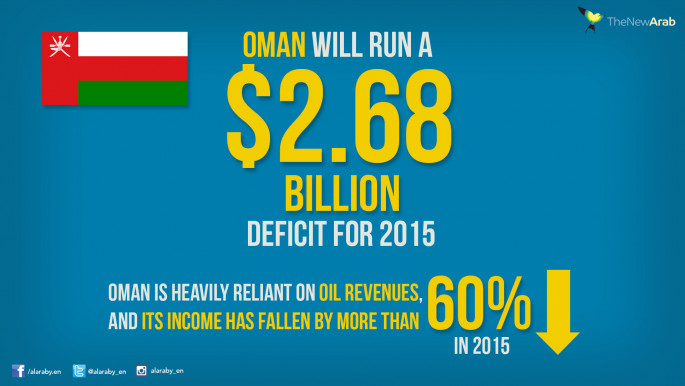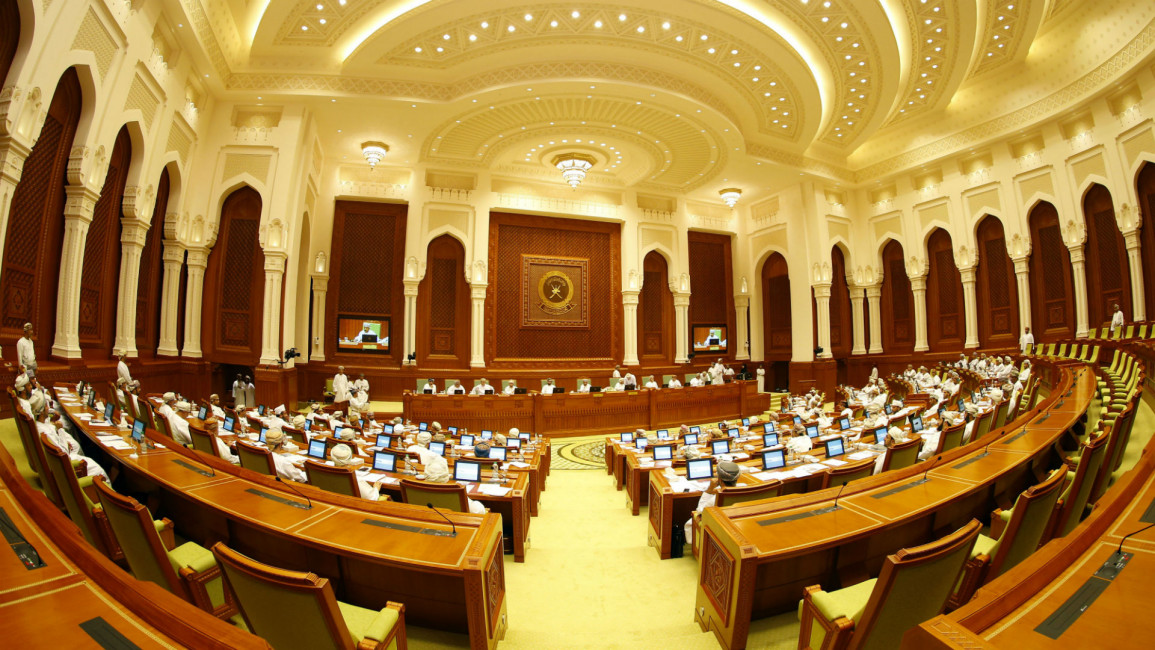Oman's oil-gas companies face a 'taxing' 2016
Oman's parliament have voted for major economic reforms to make up for a huge budget deficit, which will target the private sector.
Massive tax rises for businesses look imminent as the oil-rich country looks to cover a $2.68 billion budget shortfall in 2015.
This will include big tax hikes for businesses already struggling lower demand due to a massive cut in national wealth.
"We have voted to increase taxation for the oil and gas industry-based companies from 12 percent to 35 percent, and increase the tax for Liquid Natural Gas companies from 12 per cent to 55 percent to bring it at par with oil companies," Tawfiq al-Lawati, a member of parliament told Times of Oman.
Small and medium sized companies will also have to pay taxes when a $78,000 tax-free ceiling is lifted.
Parliament - or shura - voted 76 percent in favour of the reforms, but the bill still has to be approved by the upper house.
"We have voted yes for a three percent increase in corporate income tax, removing the tax free ceiling of 30,000 [Omani rials] for companies and bringing all companies under taxation regardless their grade," the shura member said.
If the state council - Oman's upper house - approves the bill then corporate income tax will rise to 15 percent.
Oman expects further budget constraints as low oil prices look set to continue through to 2016.
Around 79 percent of Oman's economy comes from oil and gas.
Plummeting oil prices has seen the sultanate's income fall by more than 60 percent.
 |
| [Click to enlarge] |
The economic reforms are not expected to cover the full deficit.
"We won't be able to totally resolve the financial crunch faced by the oil price dip with these tax reforms. However, these are the only measures which can be adopted first with less impact on citizens," said Lawati.
Oman's shura council - elected by the people - and upper house have constantly clashed on the issue of economic reforms.
Senior government officials want to introduce tax hikes on individuals' incomes and end subsidies.
The shura council has tried to shift the economic burden onto businesses, which are usually blocked by the upper house.
The private sector feels unfairly targeted by the new law, and oil companies are already crippled by low oil prices.
Many fear that the tax hikes will cut jobs, stunt economic growth, hit small companies and start-ups, and encourage big businesses to leave the country.
"This will eventually aggravate the economic crisis, not solve it,"Redha Juma Al Saleh, vice-chairman of the sultanate's chamber of commerce told Times of Oman.
"SMEs (small and medium enterprises) funded and supported by OCCI will also be affected," Saleh said.
 |
| [Click to enlarge] |


